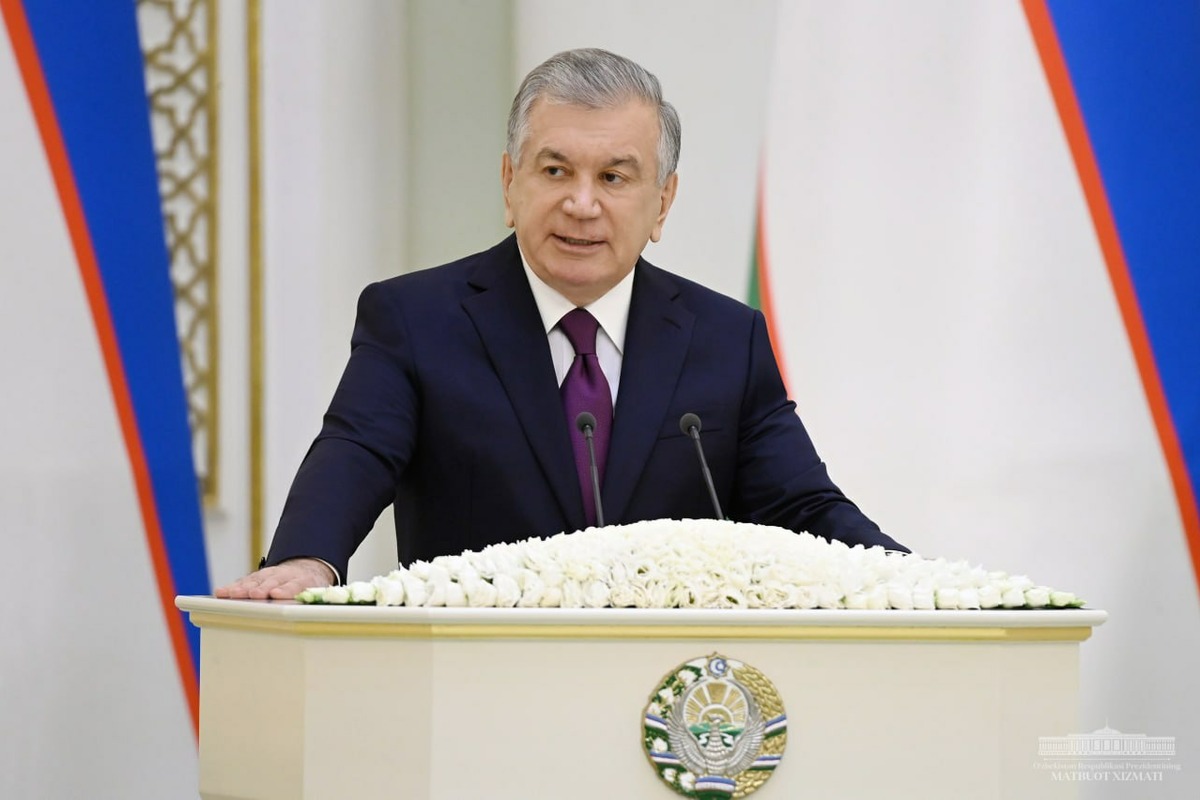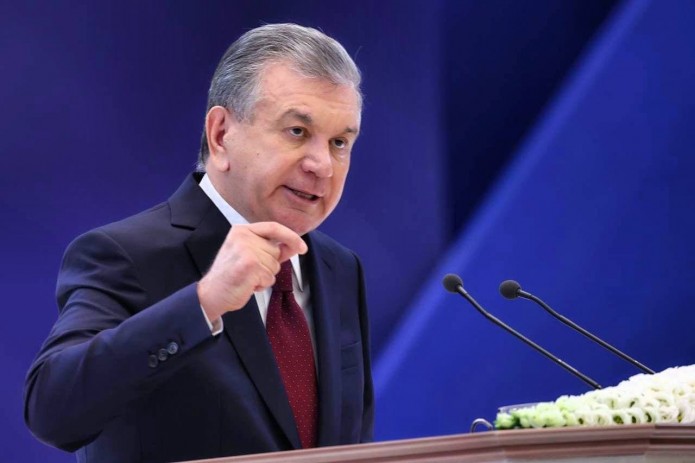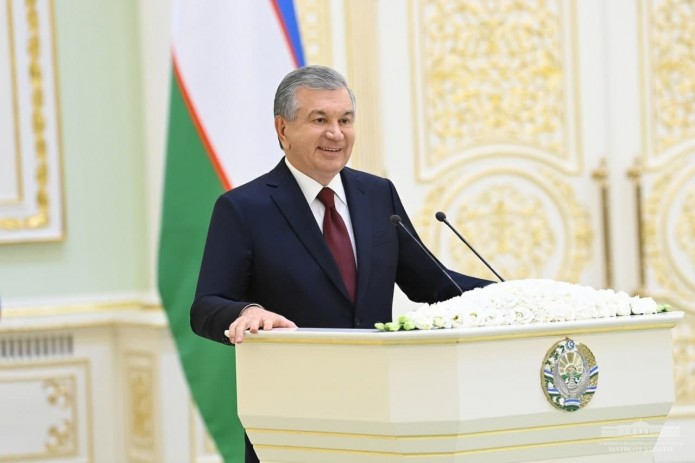Uzbekistan, a nation with 36 million inhabitants, has undergone a substantial metamorphosis in recent years, positioning itself as a significant global player. Its shift towards international trade, tourism, and attracting foreign investments marks a stark departure from its previous closed and authoritarian regime.
Shavkat Mirziyoyev’s ascendancy to the presidency in 2016 catalyzed sweeping reforms, reshaping Uzbekistan into an open, burgeoning economy. His recent landslide re-election, securing the presidency until 2030 with 87 percent of the vote, underscores his pivotal role in this transformation.
The Mirziyoyev Era: A Visionary Leader
President of Uzbekistan Born in 1957 into a family of medical professionals, Shavkat Mirziyoyev’s journey to the presidency was shaped by his education in irrigation and agricultural mechanization. His extensive administrative background, ranging from academia to various governmental roles, equipped him with a profound understanding of Uzbekistan’s economic intricacies and societal challenges. Taking office in 2016, Mirziyoyev swiftly initiated bold reforms.
Economic Renaissance through Foreign Investments

Shavkat Mirziyoyev’s emphasis on attracting foreign investments and privatizing state-owned assets aimed to invigorate Uzbekistan’s economy. Germany emerged as a pivotal European partner, channeling over $2.5 billion in investments into the country in recent years. Notably, approximately 200 German-affiliated companies now operate in Uzbekistan, including industry giants like MAN, CLAAS, Knauf, and Falk Porsche Fiberglass.
Revamping Global Trade Dynamics
Uzbekistan, historically a major exporter of cotton, uranium, gold, fruits, and vegetables, underwent a transformation in trade dynamics. Mirziyoyev’s reforms dismantled forced labor practices in cotton fields and encouraged private and foreign investments in the textile industry. Germany, as Uzbekistan’s largest European trading partner, witnessed bilateral trade volumes reaching $1.2 billion last year, with a significant $929 million in the first half of this year.
Advancing Sustainable Energy Initiatives
In a bid to diminish reliance on fossil fuels and modernize the economy, Mirziyoyev set an ambitious goal to escalate renewable energy’s share in Uzbekistan’s energy mix to 40 percent by 2030. Collaborating with European, Chinese, and Middle Eastern partners, Uzbekistan has embarked on initiatives to commission numerous solar and wind power installations, signaling a substantial shift towards sustainable energy sources.
Uzbekistan’s Vision for Development

Mirziyoyev’s endorsement of Uzbekistan 2030—a comprehensive development strategy developed collaboratively with various ministries, parliamentarians, and experts—outlines ambitious targets. These include doubling the GDP by 2030, bolstering exports, improving education and healthcare, and elevating citizens’ incomes above the global average. To achieve these objectives, Uzbekistan aims to attract $110 billion in foreign investments, with Germany as a steadfast partner.
Shavkat Mirziyoyev’s astute leadership has steered Uzbekistan into an era of openness, foreign investments, robust trade alliances, and sustainable energy initiatives. His transformative reforms have positioned Uzbekistan as a dynamic and progressive nation, poised for substantial growth and prominence on the global stage.









